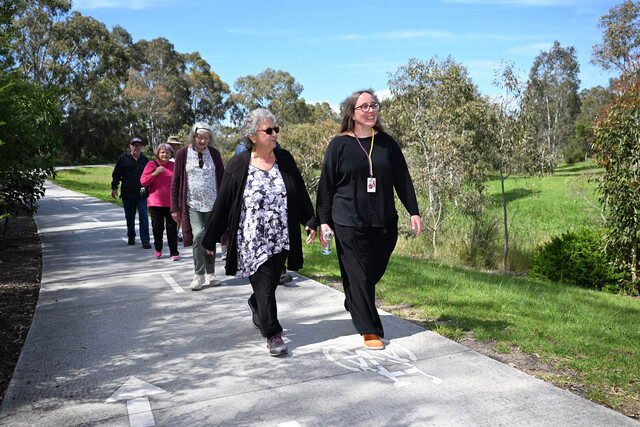Turns out we don’t have the right to be bigots after all. The Federal Government has abandoned its crusade to repeal Section 18C of the Racial Discrimination Act. Columnists who want to offend someone about their race will now have to make sure they get their facts straight, and there’s no legislation to make sure they do that.
Section 18C of the Racial Discrimination Act makes it unlawful for someone to do an act that is reasonably likely to “offend, insult, humiliate or intimidate” someone because of their race or ethnicity. The question that those arguing for its repeal never managed to answer was what did they want to be able to say that they couldn’t say now? In other words – what problem would the repeal fix?
The worries of those who saw a greater problem with unstitching the legislation were clear: if everyone had the right to be a bigot, just imagine what would be said and written when bigots declared open season. But the advantage created by removing the sanctions was never made clear. The rhetoric was always powerful – dangerous restrictions on free speech, trampled liberties, etc – but the solid examples were scarce.
The morning after the decision to abandon the repeal was announced, the man at the centre of the legislative row, columnist Andrew Bolt, could still only come up with two examples of “banned” speech for his comment piece that day, and they were the columns that got him into trouble in the first place – columns described by Justice Bromberg in his 2011 finding against Bolt for breaching the Racial Discrimination Act as containing “errors of fact, distortions of the truth and inflammatory and provocative language”.
While Section 18C makes it an offense to offend, insult etc, the bit straight after it, Section 18D, gives us all a way out: this is the guarantee protecting freedom of speech.
Let me just say that again, because the ideological warriors in this fight have conveniently ignored this crucial section. This section protects freedom of speech. Under our laws we all have a defence for our insulting: if you are engaged in artistic works, scientific debate and fair comment on matters of public interest, you can vent to your heart’s content providing what you do is said or done reasonably and in good faith. That’s why Bolt couldn’t rely on this protection for his columns.
The judge found that through his errors and inflammatory language he had not acted in good faith. It bears noting – for this truly is the straw-man at the centre of this high-falutin’ row – that Bolt probably could have got away with almost everything he wrote in those strangely skin colour-obsessed columns if he had just done the one thing a journalist is required to do: get his facts straight.
But let’s return to the problem that this repeal was supposed to solve: what can’t you say right now because of 18C? The argument, such as it is, seemed to be made even weaker when Bolt had another go the next day at arguing his corner. His lament was that once upon a time he could have denounced someone and “in perfect safety drawn links between his faith and his bigotry. I could have wondered whether we were safe, importing so many people from such a culture”.
Once he could have done this? Seems to me this columnist just managed to say now what he said he couldn’t.
Situation normal: everyone go back to your homes.
>> Virginia Trioli is co-host of ABC News Breakfast on ABC1 and ABC News 24, 6-9am weekdays.
>> Follow Virginia on Twitter @latrioli







